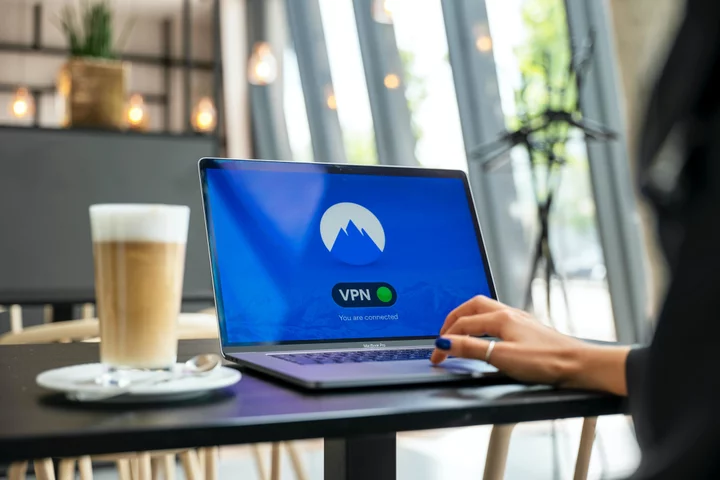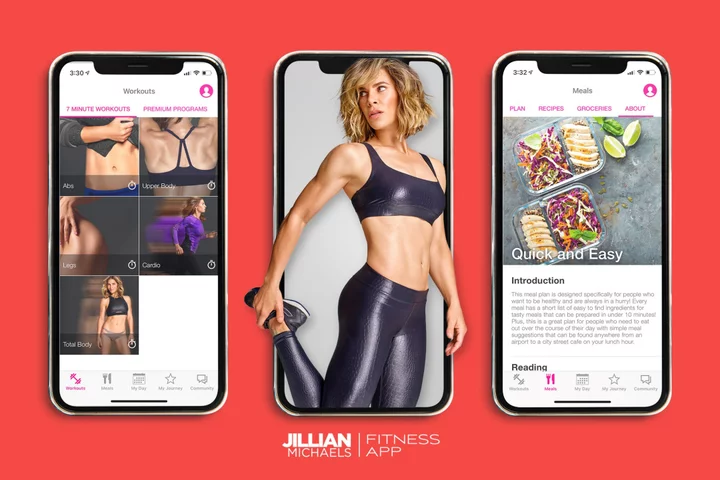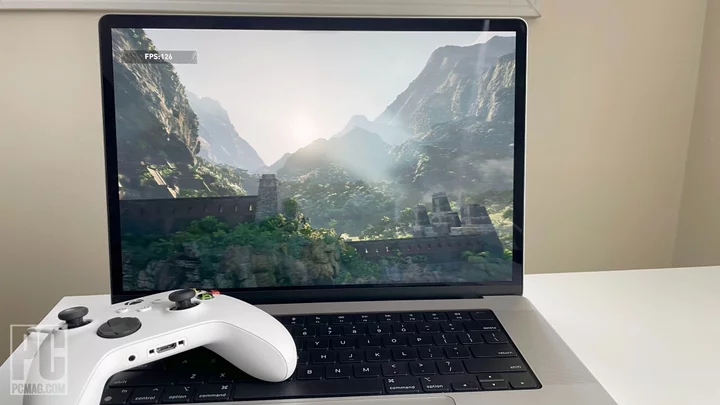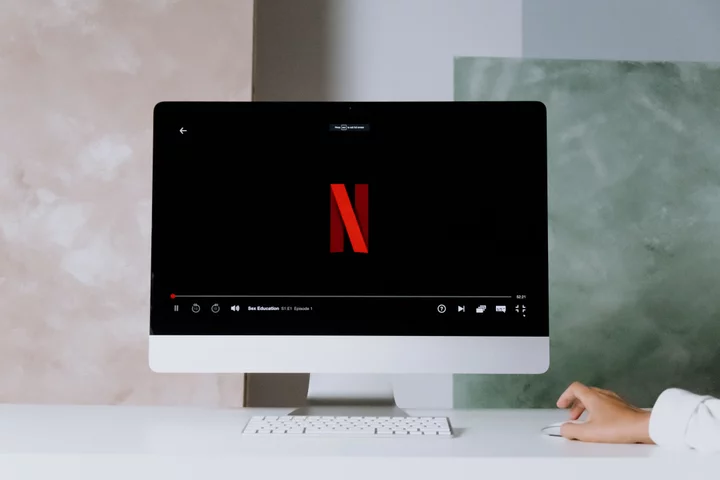VPNs are popular security tools that can protect your identity and data, bypass online restrictions to access content, and much more. If this is all very new to you, you've probably got a lot of questions. Don't worry, because we can help.
We've done all the hard work for you and thoroughly researched these services to provide the information that matters to you. Here's everything you need to know about VPNs.
What is a VPN?
Virtual Private Networks (VPNs) provide important protection for your data and identity when you're online. They offer this online privacy and anonymity by creating a private network that hides your real IP address. This means that all of your activity is untraceable and secure.
Basically, you can think about VPNs as encrypted tunnels through which all of your online traffic passes through. Nobody can see into the tunnel, and everything inside the tunnel is protected against online threats like viruses, hackers, and malware.
Do you need a VPN?
Any sort of activity on an unsecured WiFi network leaves your private information and browsing habits exposed to the world, unless you're using a VPN. There's no need to panic, because whether you're sending important emails, doing some online shopping, or paying essential bills, VPNs make sure that everything remains private and anonymous.
First and foremost, VPNs are designed to provide online security, but there is another reason that millions of people use these services: streaming more content from around the world. By hiding your real IP address and connecting you to a server in another location, you can trick your favourite streaming services into thinking that you are based in a different country. This means that you can watch all of the shows and films from global libraries, like all the extra content on U.S. Netflix. This is the quickest and easiest way of boosting your content options, without the need to rely on a dodgy stream.
What should you consider before subscribing to a VPN?
There are plenty of things that you should consider when it comes to VPNs, but we don't have all day. Instead of listing off every feature offered by the best VPNs, we have highlighted a selection of the most important things to think about.
Before you make any sort of decision, you should look out for connection speed, server network, number of logins, and more important features:
Connection speed — Using a VPN is going to produce a drop in your connection speed, but you shouldn't accept a significant drop that is going to result in buffering. Be sure to select a VPN that doesn't negatively impact your connection speed to the point that you can't watch a film or download a file without frustration.
Number of connections — Some VPNs let you connect an unlimited number of devices with the same account. Others limit you to just a single device. You should look out for a service that offers multiple simultaneous connections, so you can stay protected on all your devices at the same time.
Server network — The very best VPNs provide access to literally thousands of geographically diverse servers. It's useful if a VPN has a lot of servers in key locations, because you should always be able to find a stable and speedy connection for streaming, shopping, or browsing anonymously. It's not a straightforward case of more is better, but it's always good to have options.
Privacy policy — It's worth paying special attention to the data-handling, storage, and usage practices of the VPN you are planning on using. These practices should be laid out in a privacy policy, and if they aren't clear, it's best to avoid. Most VPNs require access to your IP address, online transactions, and browsing history, plus your personal details when you sign up. If privacy is the objective, it's absolutely essential that your VPN is not going to store these details. If it does, the whole thing is kind of pointless.
Encryption — There are different levels of encryption, and whilst it's important to take note of the grade provided by your VPN, the best options will all offer powerful protection for your data. You are likely to come across terms like "military-grade" and "enterprise-grade," which just means that you can rely on it to do its job.
Bandwidth — There are some VPNs out there that place monthly caps on network bandwidth, meaning you can only download a certain amount of data. You should avoid these services, unless you're on a free trial. If you're paying for a VPN, you should be able to download and upload as much as you want.
There are other things to consider, like price and subscription plans, but these features are a good place to start.
Should you use free VPNs?
There are plenty of free versions of popular VPNs, plus free trials of VPNs with full access to everything you get with a premium plan. So why would you ever pay for a VPN?
As with most things in life, you get what you pay for with VPNs. There tends to always be a catch with free versions, and it's normally in the form of limited data usage. If you're just an occasional user, these plans will work fine. But if you're going to be streaming or downloading, this isn't going to work. Free trials are a little bit different: they come with everything you get in a paid plan, but obviously they don't tend to last very long. Trials are great for testing out a service before committing, but this isn't a long-term solution.
What we're saying is that the best option for streaming securely and accessing the online world without restrictions is with a paid subscription to a VPN. To gain access to advanced security features without limitations on usage, you need to pay up. The best VPNs are generally the most expensive, but there are plenty of cheap plans out there, especially if you're willing to commit to a lengthy contract.
What is the best VPN?
There are a lot of VPN providers out there all offering different sets of features, with different pricing structures. We recommend taking some time to carefully access your options, and decide on what you really need from a VPN. Once you have established your priorities, you can check out this definitive list of the best VPNs this month.
We have tracked down everything on offer and lined up a selection of the very best VPNs for streaming, shopping, and everything else. We have tried to find something for everyone and every budget, and you can find popular services like ExpressVPN, NordVPN, and CyberGhost VPN in this list. All you need to do is weigh up these options against your own set of priorities, and then pick a favourite from the bunch.
These are the best VPNs in 2023.









